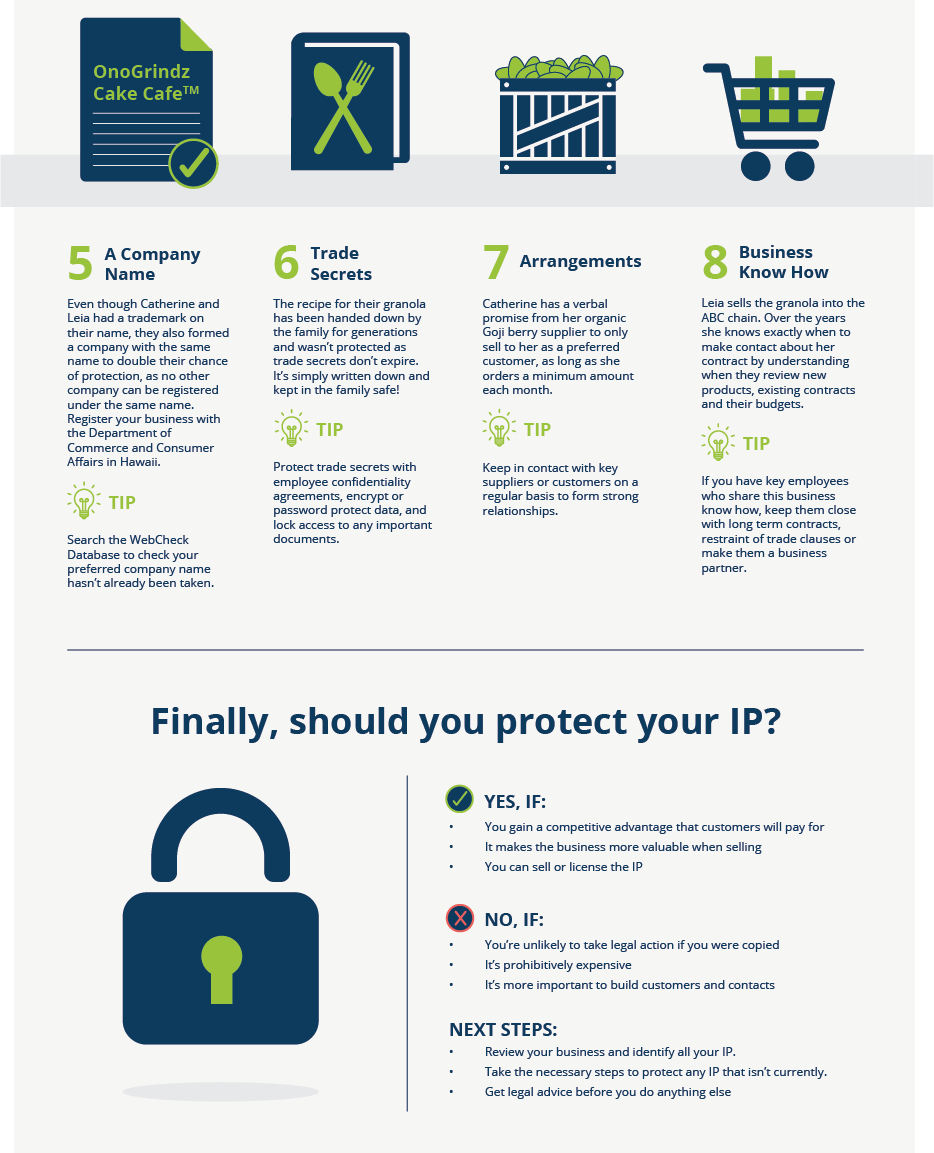Business Loan Security: What Do Lenders Want?
If you’re thinking about applying for a business loan, you’ll probably need to provide some form of security. Lenders want to know that they’ll get their money back if you default on your loan. So, what types of security can you offer?
Types of Business Loan Security
Real Estate
One of the most common types of business loan security is real estate. This can include your business property, your home, or other real estate that you own. Real estate is a valuable asset, so it can be used to secure a large loan amount. However, it’s important to note that if you default on your loan, the lender can foreclose on your real estate and sell it to recoup their losses.
Equipment
Another type of security that you can offer is equipment. This can include machinery, vehicles, or other equipment that is used in your business. Equipment can be a valuable asset, but it’s important to note that it can depreciate in value over time. Lenders take this into account when they approve loans secured by equipment. As a result, you’ll usually be able to borrow less than the full value of your equipment.
Inventory
Inventory can also be used to secure a business loan. This can include raw materials, finished goods, or other items that you have on hand. Inventory can be a valuable asset, but it’s important to note that it can be difficult to liquidate quickly. This means that if you need to repay your loan quickly, you may have to sell your inventory at a loss.
Personal Guarantees
A personal guarantee is a type of security that is backed by your personal assets. This means that if you default on your loan, the lender can come after your personal assets, such as your home, your car, or your savings account. Personal guarantees are often required for small business loans, especially if the business is new or has a poor credit history.
Choosing the Right Security
The type of security that you offer will depend on several factors, including the size of your loan, the type of business that you have, and your personal financial situation.
Real estate is a good option if you have a valuable property and you’re not worried about losing it if you default on your loan.
Equipment is a good option if you have valuable equipment that you can’t afford to lose.
Inventory is a good option if you have a lot of inventory on hand and you’re confident that you can sell it quickly if you need to.
Personal guarantees are a good option if you don’t have any other assets to offer as security. However, it’s important to remember that personal guarantees are legally binding and you could lose your personal assets if you default on your loan.
Business Loan Security: Protecting Lenders and Borrowers
When seeking a business loan, providing security is often a requirement. Security offers lenders protection against potential losses in case of default. For borrowers, understanding the different types of security available can help them secure the best possible terms.
Personal Guarantees: A Personal Promise
Personal Guarantees
Personal guarantees are a common form of business loan security. Under a personal guarantee, an individual assumes personal liability for the loan. This means that if the business defaults, the lender can demand payment from the guarantor’s personal assets—even if they are separate from the business assets. Personal guarantees are a significant financial commitment and should only be considered after careful thought.
Collateral: Using Assets as Security
Collateral involves using assets such as property, equipment, or inventory as security for a loan. If the business defaults, the lender can seize and sell the collateral to recoup its losses. The type of collateral required depends on the lender and the amount of the loan. Providing collateral lowers the risk for the lender and may lead to more favorable loan terms.
Blanket Liens: Catch-All Security
Unlike specific liens, which secure a loan against a specific asset, blanket liens provide a broader level of security. They give the lender a claim on all of the borrower’s assets, present and future. Blanket liens offer lenders maximum protection, but they can be a riskier option for borrowers as they limit their ability to sell or refinance assets.
Factoring: Using Accounts Receivable as Collateral
Factoring is a type of business loan security that uses accounts receivable as collateral. Under factoring, the borrower sells its unpaid invoices to a third-party financial institution (a factor). The factor then collects the invoices and advances funds to the borrower, typically up to 80% of the invoice value. Factoring can provide a flexible and non-asset-based source of financing.
Trade Credit Insurance: Protecting Against Bad Debts
Trade credit insurance is a type of insurance policy that protects businesses against losses due to unpaid invoices. It is typically used in conjunction with factoring or other forms of credit financing. Trade credit insurance covers the risk of customer default and can help businesses minimize their financial exposure.
Business Loan Security: What You Need to Know
When it comes to securing a business loan, you’ll likely be asked to provide collateral or other forms of security. This is a way for lenders to protect themselves in case you default on your loan. The type of security required will depend on several factors, including your business credit history, the size of the loan, and your industry.
Factors Affecting Security Requirements
When a lender is deciding what type of security to require, they’ll consider a few key factors, including:
**1. Your Business Credit History**
Your business credit history is a record of how you’ve repaid your debts in the past. A strong credit history will make you a more attractive borrower and may result in lower interest rates and more favorable loan terms.
**2. The Size of the Loan**
The amount of money you’re borrowing will also affect the security requirements. Larger loans typically require more security than smaller loans.
**3. Your Industry**
The type of business you operate can also impact the security requirements. Lenders may view certain industries as riskier than others, and they may require more security as a result.
**4. The Type of Collateral**
There are different types of collateral that you can use to secure a business loan, such as real estate, equipment, or inventory. The type of collateral you have will affect the amount of security that you need to provide.
**5. Personal Guarantees**
In some cases, you may be asked to provide a personal guarantee in addition to collateral. A personal guarantee means that you’re personally liable for the loan if your business defaults.
**6. Other Factors**
There are other factors that lenders may consider when deciding what security to require, such as your business plan, your financial projections, and your management team.
Business Loan Security: Everything Business Owners Need to Know
Business loans are a critical source of funding for businesses of all sizes, allowing them to expand, hire new employees, and invest in new equipment.
However, qualifying for a business loan can be a complex process that involves a number of factors, including the borrower’s creditworthiness, financial history, and ability to repay the loan. In many cases, lenders will require business owners to provide collateral to secure the loan. Collateral is an asset that the lender can seize and sell if the borrower defaults on the loan. Various types of collateral business owners can use to secure a business loan, and understanding these options is crucial for entrepreneurs seeking financing.
What Is Business Loan Security?
Business loan security serves as a form of protection for both lenders and borrowers. For lenders, it reduces the risk associated with lending money by providing an asset that can be sold to recoup losses in the event of default. For borrowers, it enhances their chances of obtaining a loan and potentially securing more favorable loan terms.
Types of Collateral for Business Loans
There are several types of collateral business owners can use to secure a business loan. The most common types include:
- Real estate: This is the most common type of collateral for business loans, as it is a tangible asset that is relatively easy to value and sell.
- Equipment: Business owners can also use equipment as collateral for a business loan. This can include machinery, vehicles, and other equipment used in the business’s operations.
- Inventory: Inventory can also be used as collateral for a business loan. This is a good option for businesses that have a large amount of inventory on hand.
- Accounts receivable: Accounts receivable are invoices that have been issued to customers but have not yet been paid. These can be used as collateral for a business loan, but they are typically not as valuable as other types of collateral.
- Guarantees: A personal guarantee is a promise by the business owner to repay the loan if the business defaults. This can be a good option for businesses that do not have a lot of other collateral to offer.
The Importance of Collateral
Collateral is an important part of the business loan process. It can help businesses qualify for loans that they would not otherwise be able to get, and it can also help them secure more favorable loan terms. Businesses that are considering taking out a business loan should carefully consider what assets they can use as collateral.
The Benefits of Collateral
There are several benefits to using collateral to secure a business loan. These benefits include:
- Improved access to capital: Collateral can help businesses qualify for loans that they would not otherwise be able to get.
- Lower interest rates: Businesses that offer collateral may be able to secure lower interest rates on their loans.
- Increased loan amounts: Businesses that offer collateral may be able to borrow more money than they would otherwise be able to.
- Flexible repayment terms: Businesses that offer collateral may be able to negotiate more flexible repayment terms on their loans.
The Risks of Collateral
There are also some risks associated with using collateral to secure a business loan. These risks include:
- Loss of assets: If the business defaults on the loan, the lender can seize and sell the collateral.
- Damage to credit: Defaulting on a business loan can damage the business’s credit rating.
- Legal liability: If the business uses personal assets as collateral, the business owner could be personally liable for the loan if the business defaults.
Conclusion
Securing business loans with appropriate collateral protects lenders and ensures access to capital for businesses. Business owners should carefully consider the benefits and risks of using collateral before making a decision.





Leave a Reply